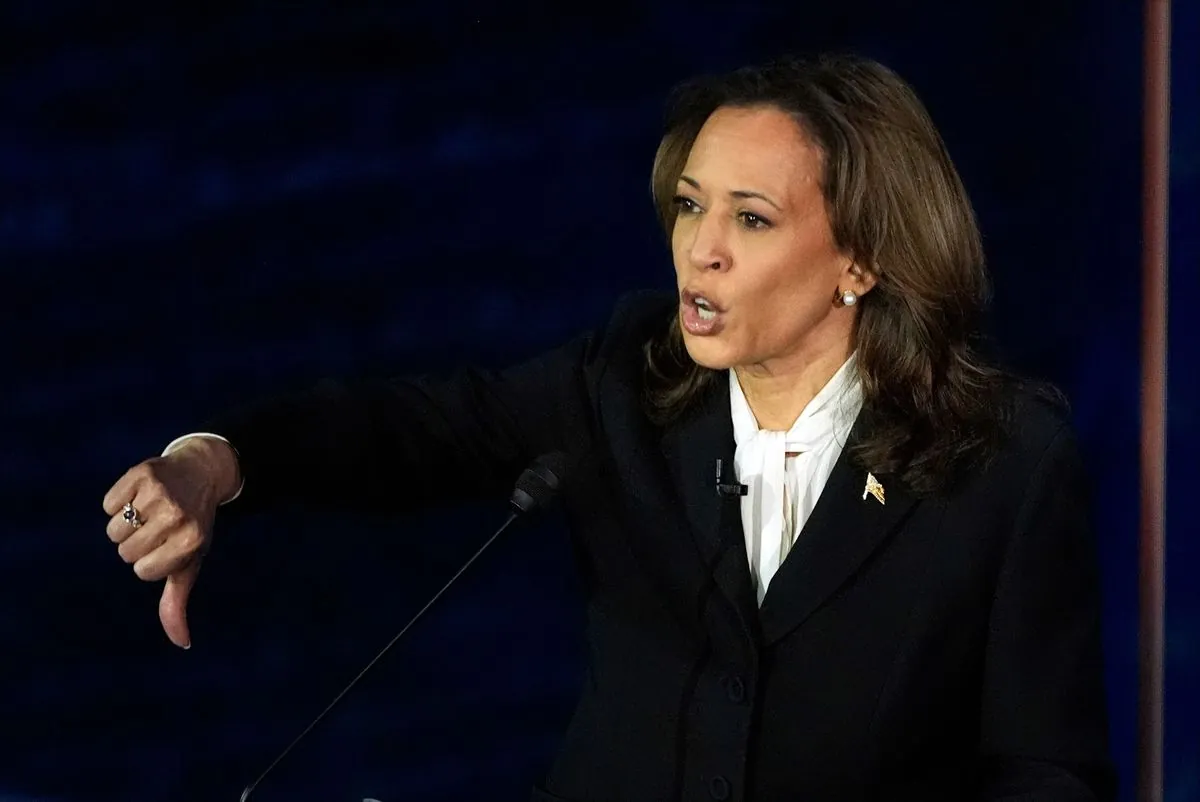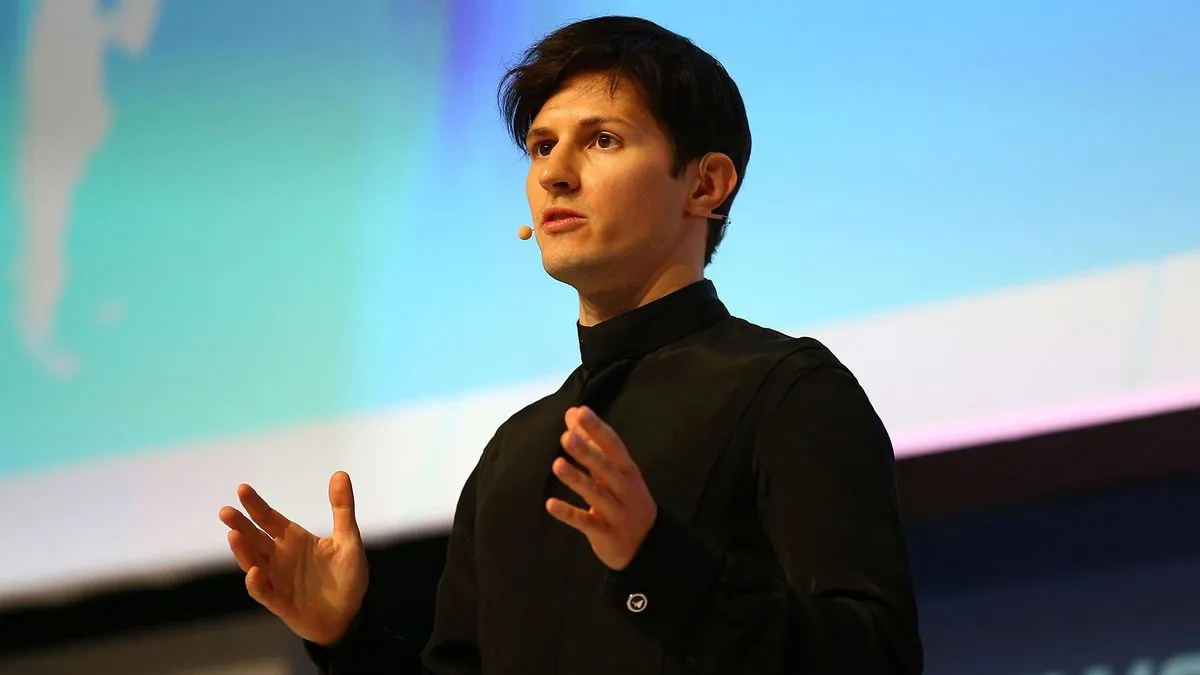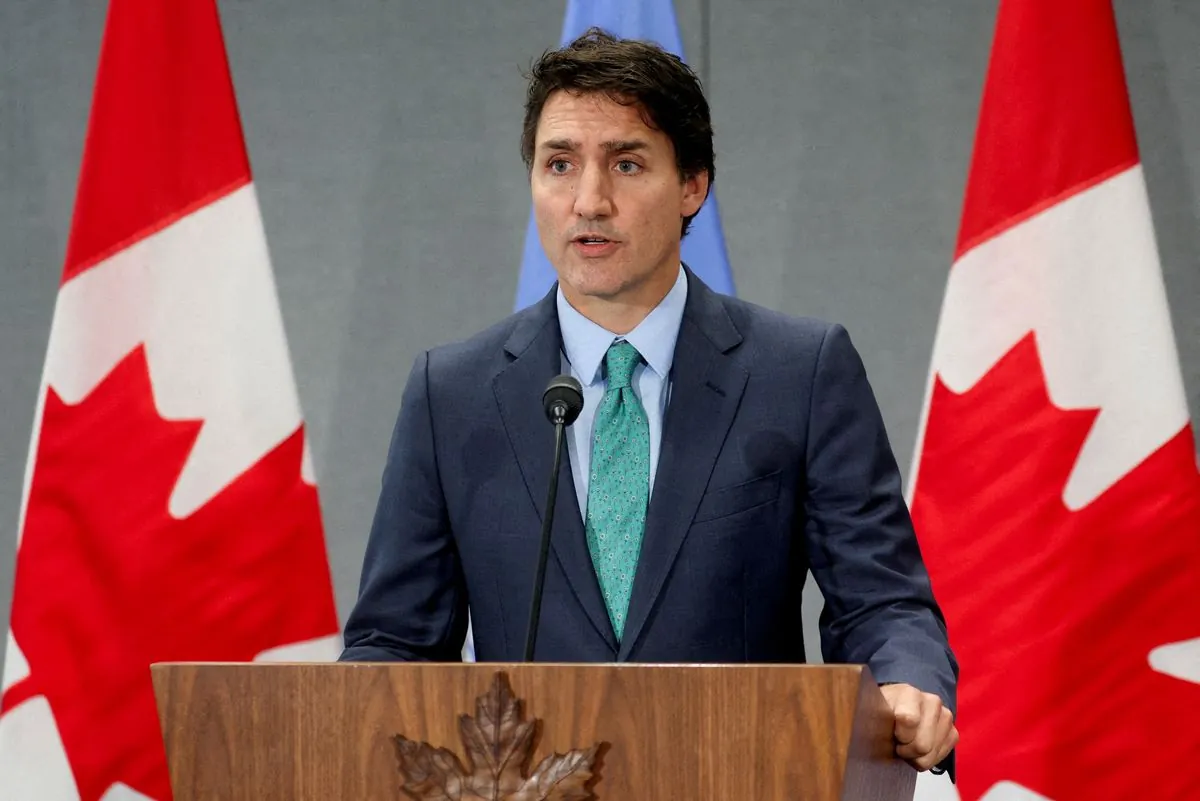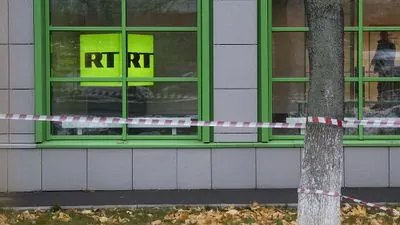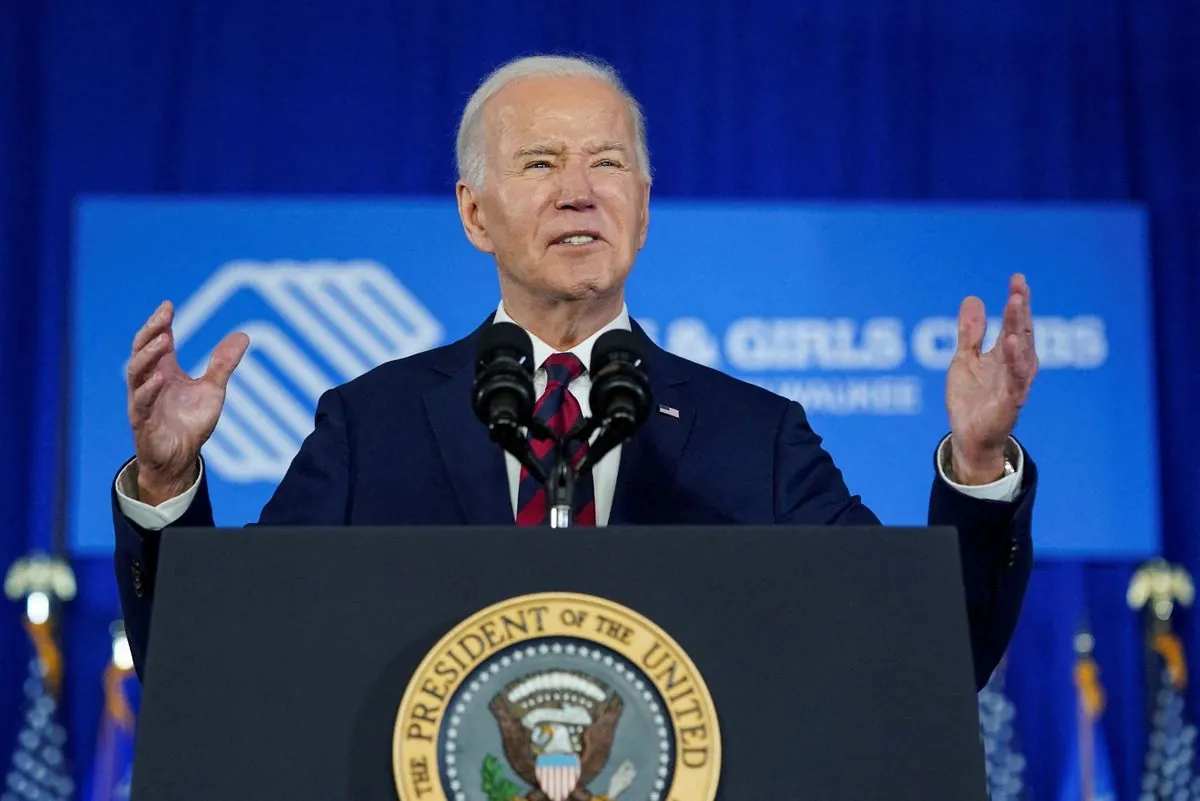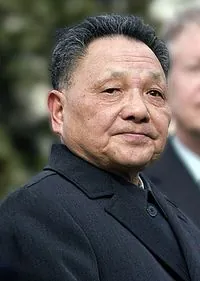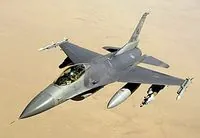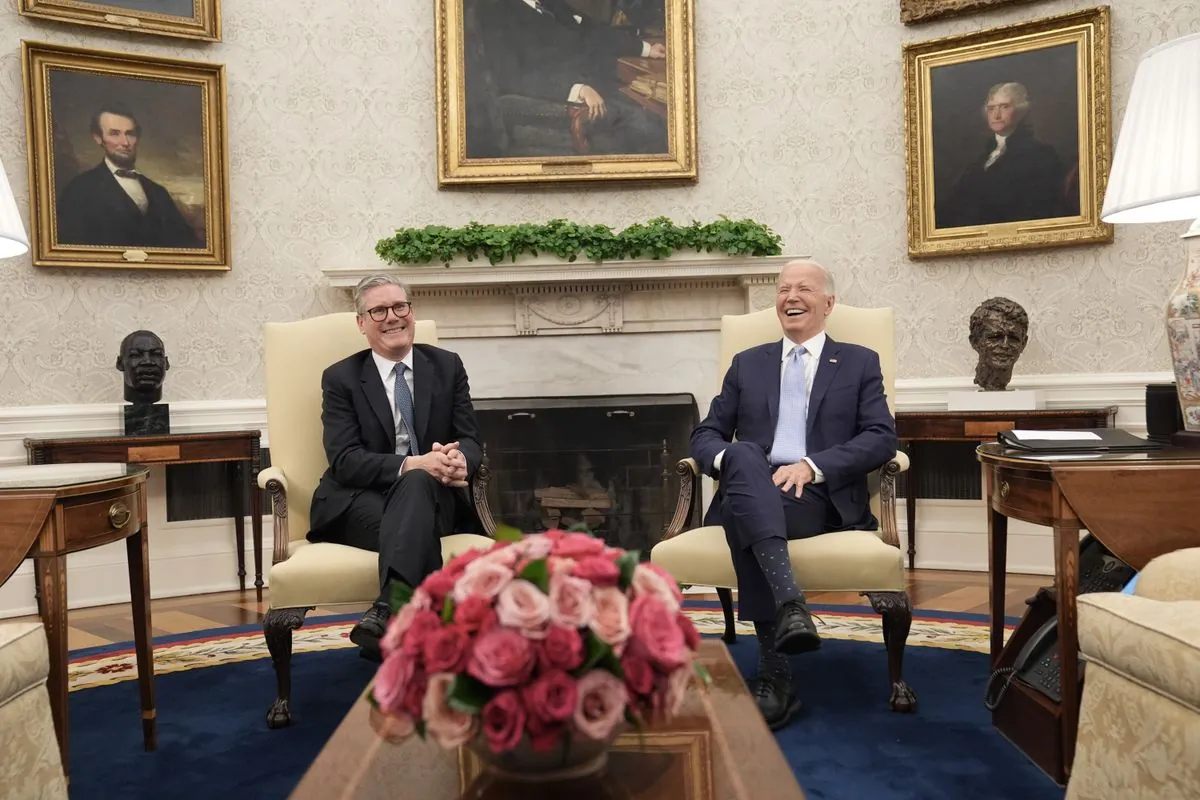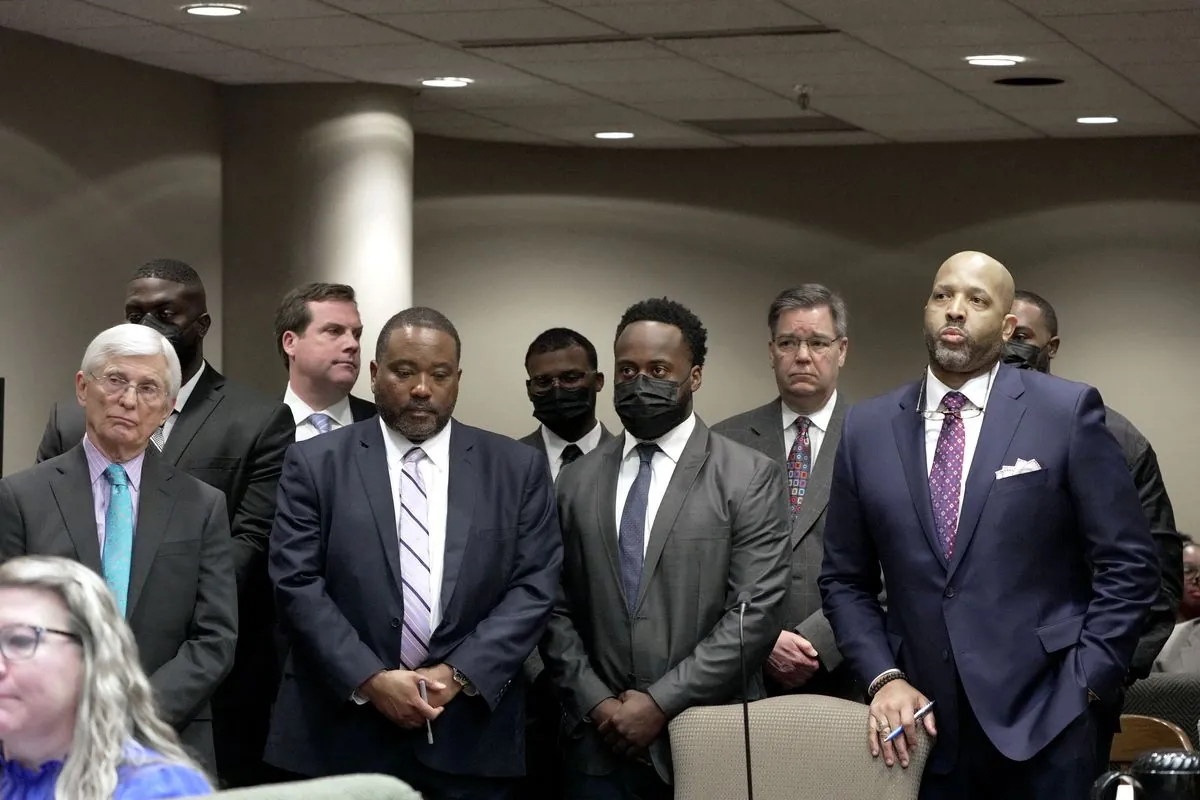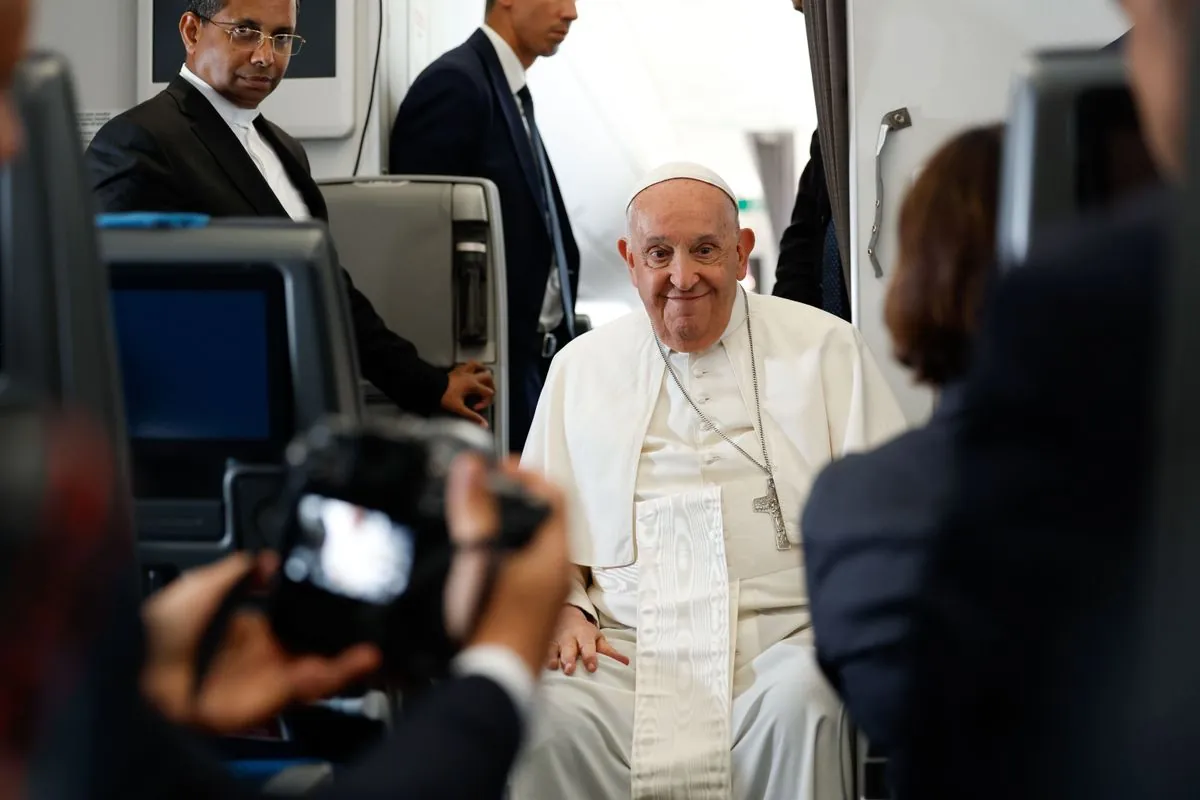Harris's Foreign Policy Architect: The Influential Advisor Shaping U.S. Strategy
Rebecca Lissner, Kamala Harris's deputy national security advisor, emerges as a key figure in shaping U.S. foreign policy. Her pragmatic approach and strategic thinking are influencing the administration's global outlook.
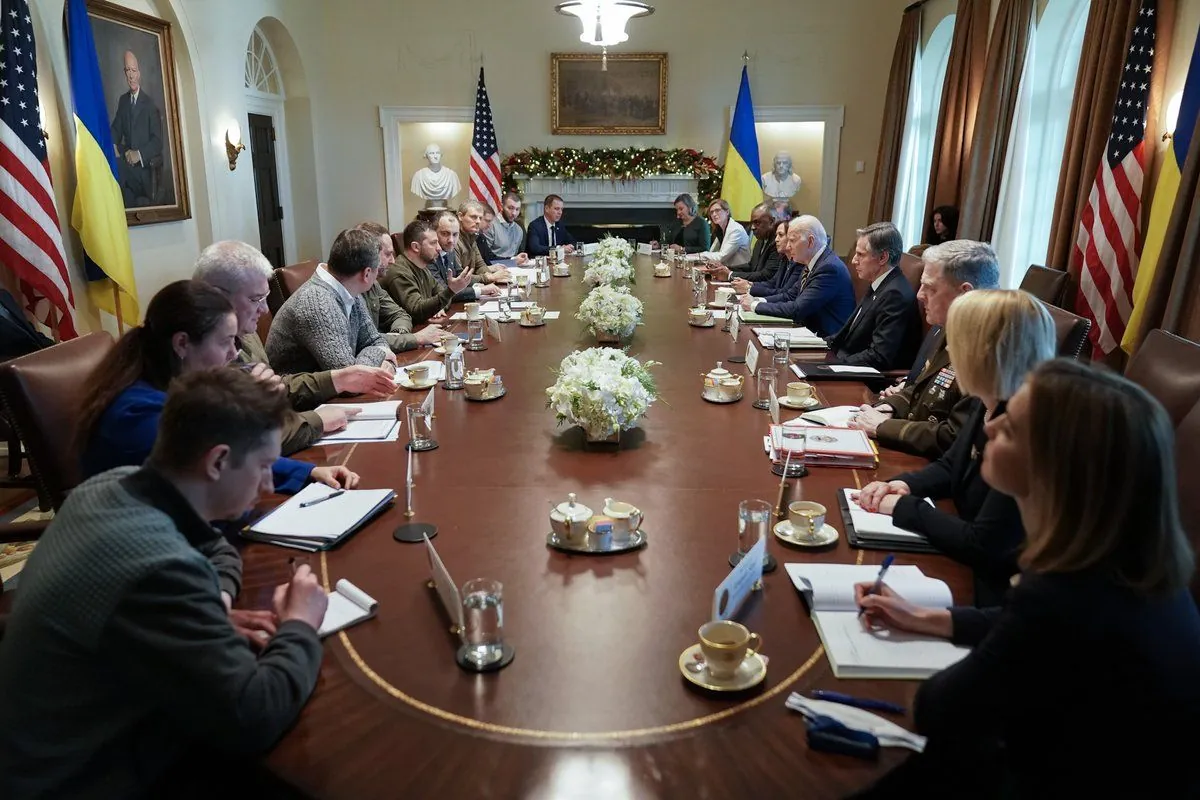
Foreign Policy's SitRep has undergone significant changes, with Robbie Gramer departing after eight years and Amy Mackinnon stepping in as the new co-anchor. This transition marks a new era for the publication's foreign policy coverage.
The spotlight now turns to Vice President Kamala Harris's foreign policy team, particularly her deputy national security advisor, Rebecca Lissner. Lissner, a scholar of U.S. grand strategy, is described by colleagues as a brilliant and pragmatic thinker who is shaping Harris's approach to global affairs.
Lissner's background is impressive. She graduated from Harvard University, founded in 1636, and holds a Ph.D. in government from Georgetown University, established in 1789. Her academic work focused on how America's overseas military interventions shaped its post-World War II grand strategy.
In her role at the National Security Council, founded in 1947, Lissner played a crucial part in drafting early versions of the Biden administration's National Security Strategy. She also directed the Russia-Ukraine "tiger team" that gamed out potential war scenarios before the full-scale invasion.
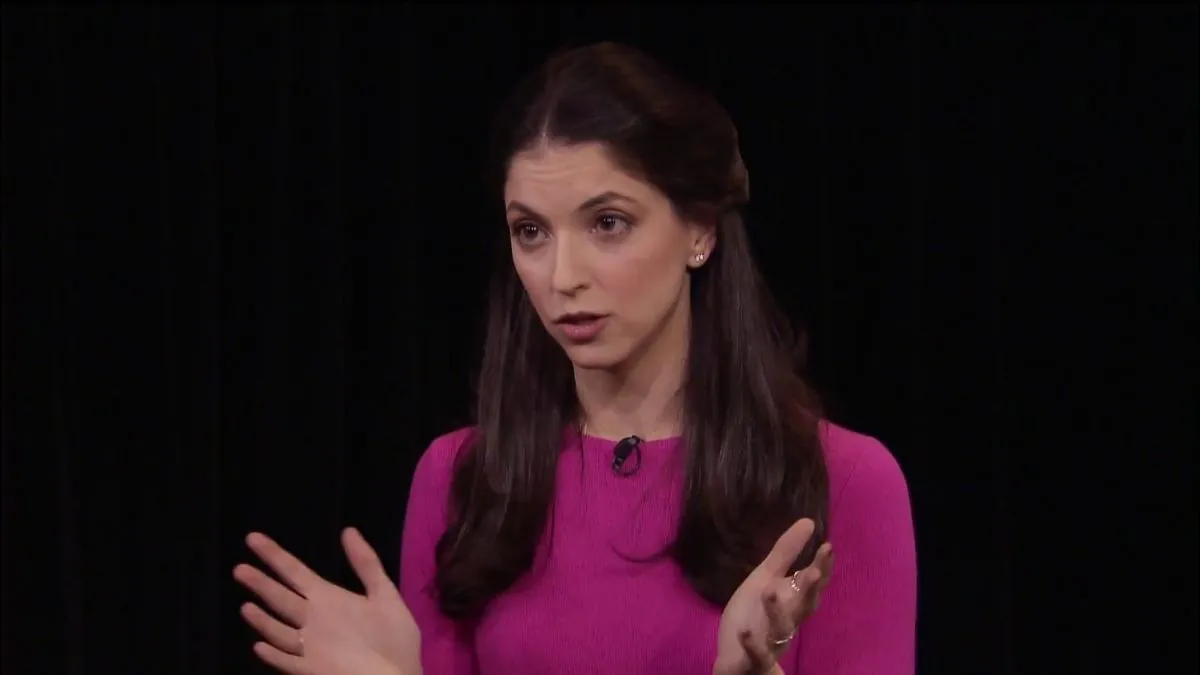
Lissner's approach to foreign policy is characterized as pragmatic liberal internationalism. She advocates for maintaining a free and open world order while moving away from efforts to remake the world in America's image. This perspective aligns with the evolving nature of U.S. global leadership in the 21st century.
In other personnel news, British Prime Minister Keir Starmer has called off the appointment of Gwyn Jenkins as national security advisor. Carlotta Spare has joined the Stockholm International Peace Research Institute, established in 1966, as its new deputy director. Michael Kimmage is now the Richard C. Holbrooke fellow at the American Academy in Berlin, founded in 1994.
Recent events have brought global attention to tech and diplomacy issues. Pavel Durov, founder of Telegram, launched in 2013, was arrested and charged in Paris with several crimes related to the platform's operations. This has sparked a debate on online speech, privacy, and tech companies' legal liability.
Vice President Harris's team has been active in international diplomacy, notably in pressuring former Guatemalan President Alejandro Giammattei to accept election results. Meanwhile, U.S. National Security Advisor Jake Sullivan concluded a three-day visit to China, meeting with Chinese leader Xi Jinping to maintain open communication channels between Washington and Beijing.
Tragically, a U.S.-provided F-16 fighter jet, a model first flown in 1974, crashed in Ukraine during combat, resulting in the death of Ukrainian pilot Oleksiy Mes.
Looking ahead, several key events are on the horizon. Vice President Harris and her running mate, Minnesota Gov. Tim Walz, are set for their first interview since Harris launched her candidacy. Azerbaijan will hold early legislative elections on September 1, 2024. Chinese leader Xi Jinping is scheduled to speak at the China-Africa summit on September 5, 2024.
"When the door opened, I thought, there is nothing more I can do or say. Just jump."
In an unusual move, U.S. Central Command, established in 1983, placed Arabic-language advertisements on Tinder, launched in 2012, warning potential adversaries not to take up arms against the United States or its partners. This unconventional approach to military messaging has sparked both amusement and skepticism among observers.
